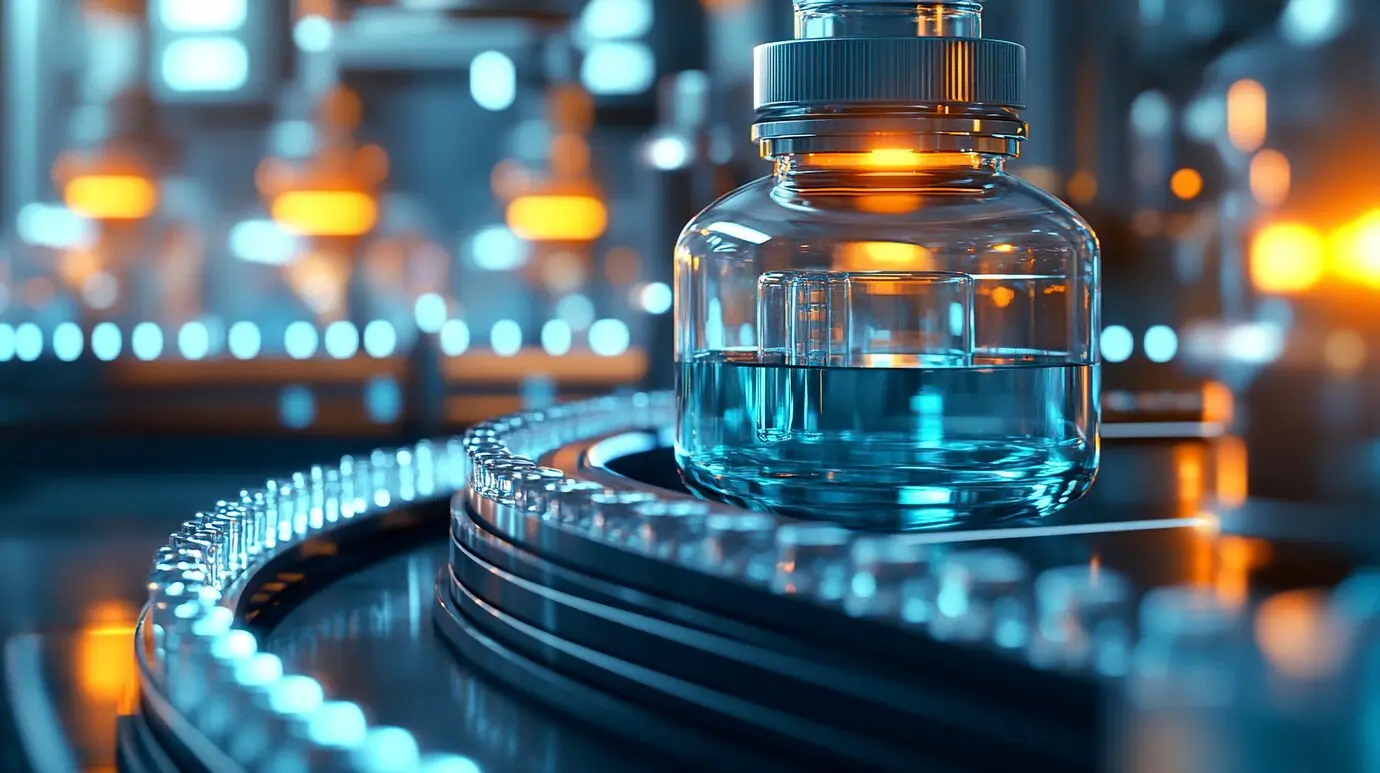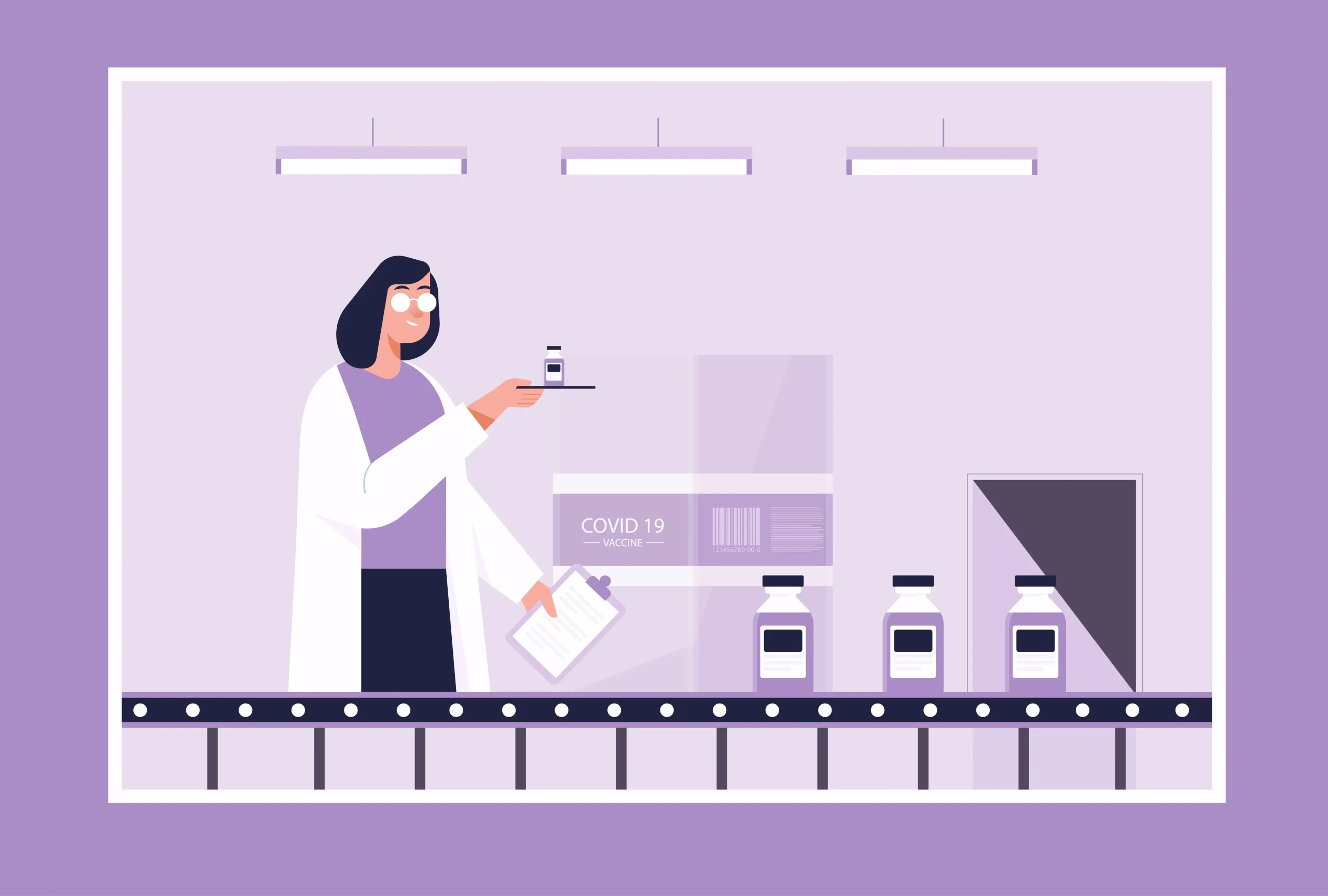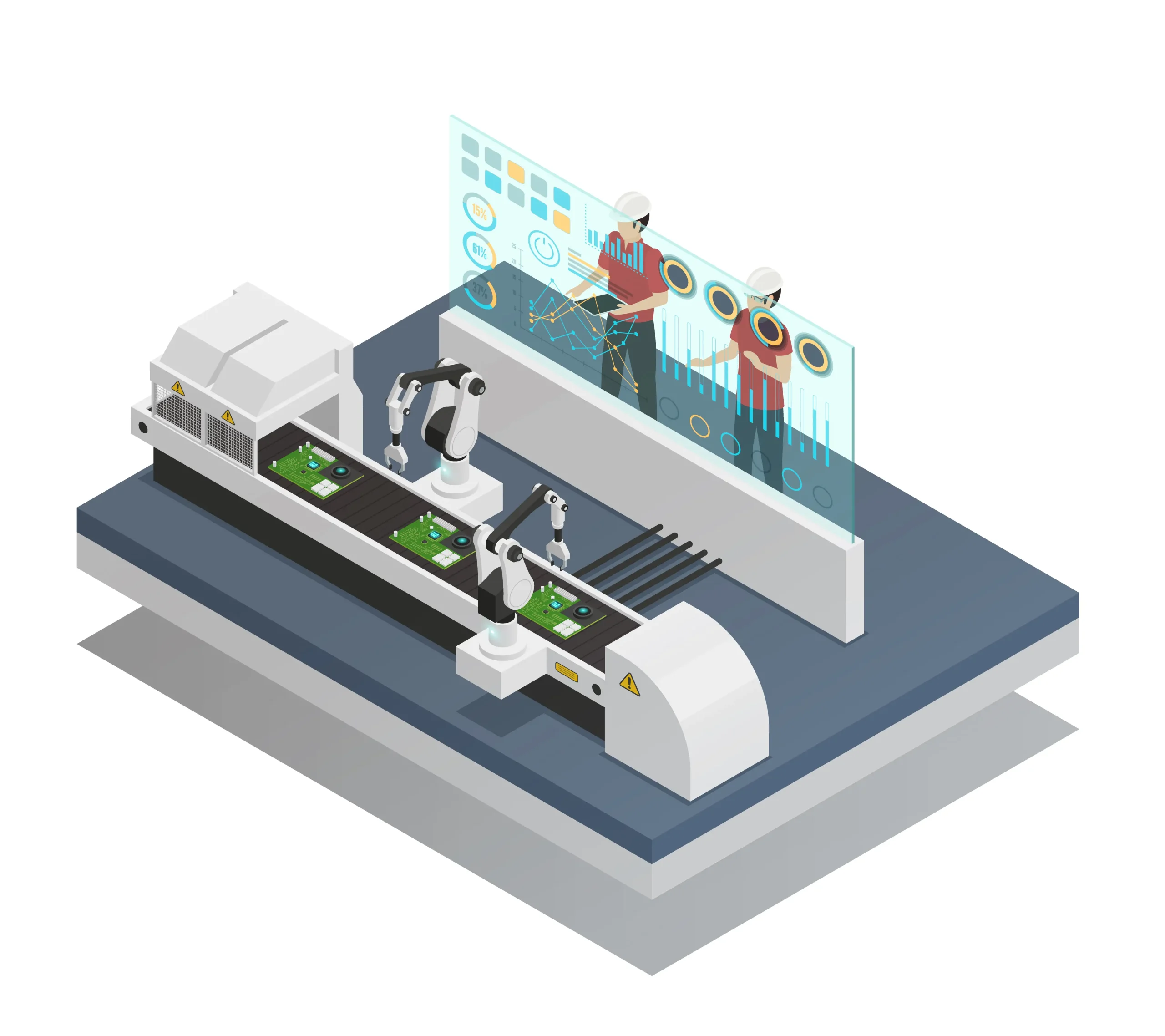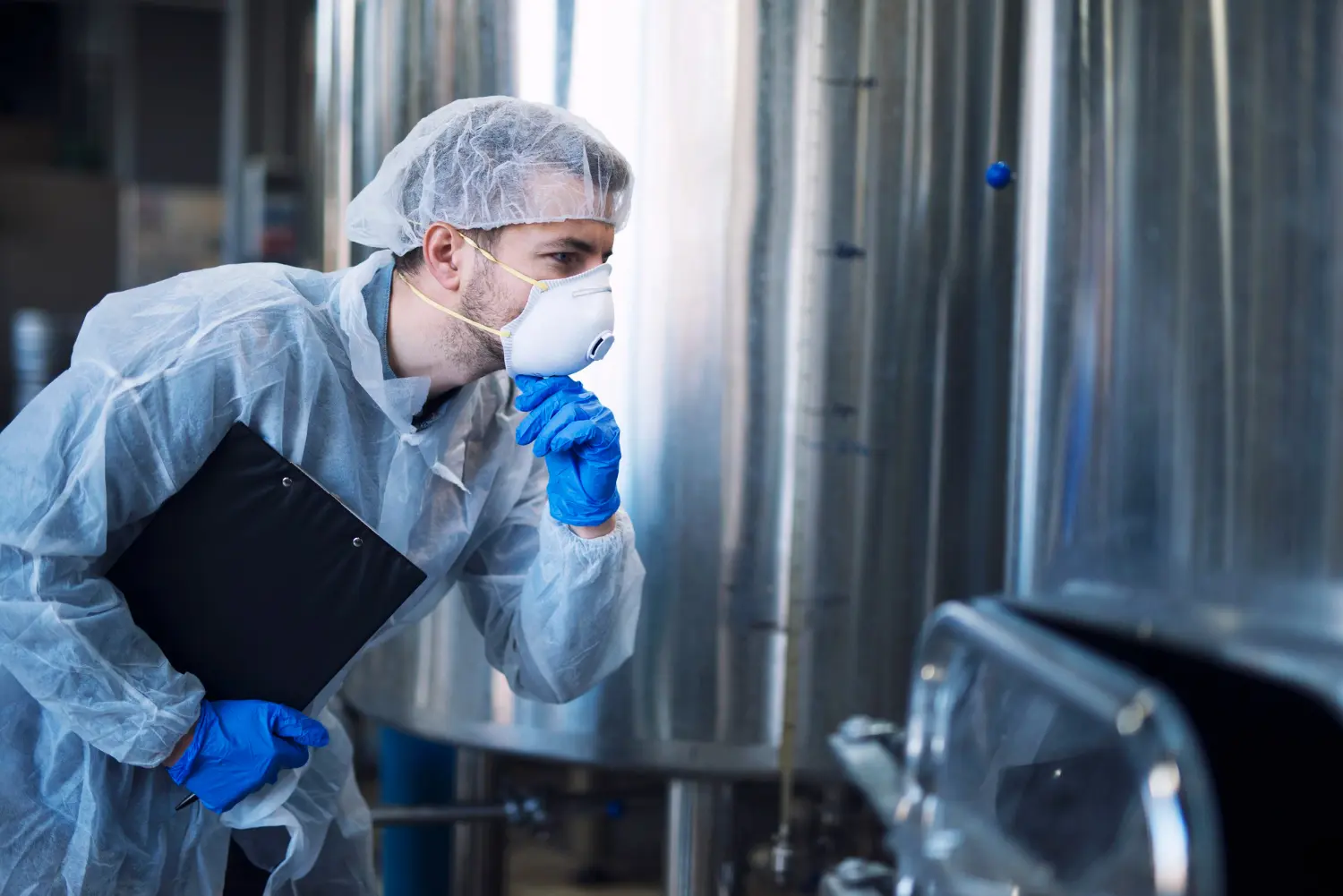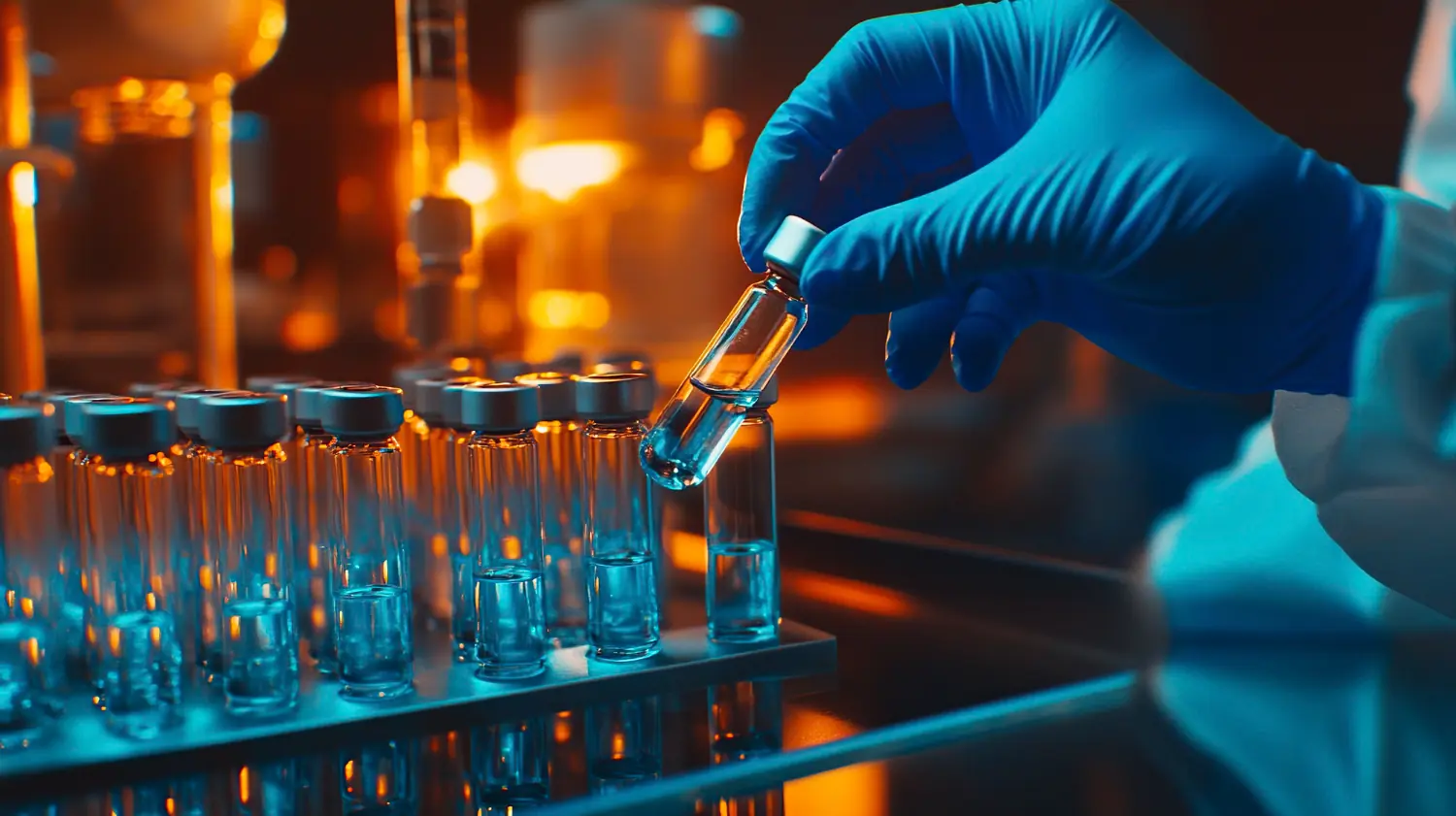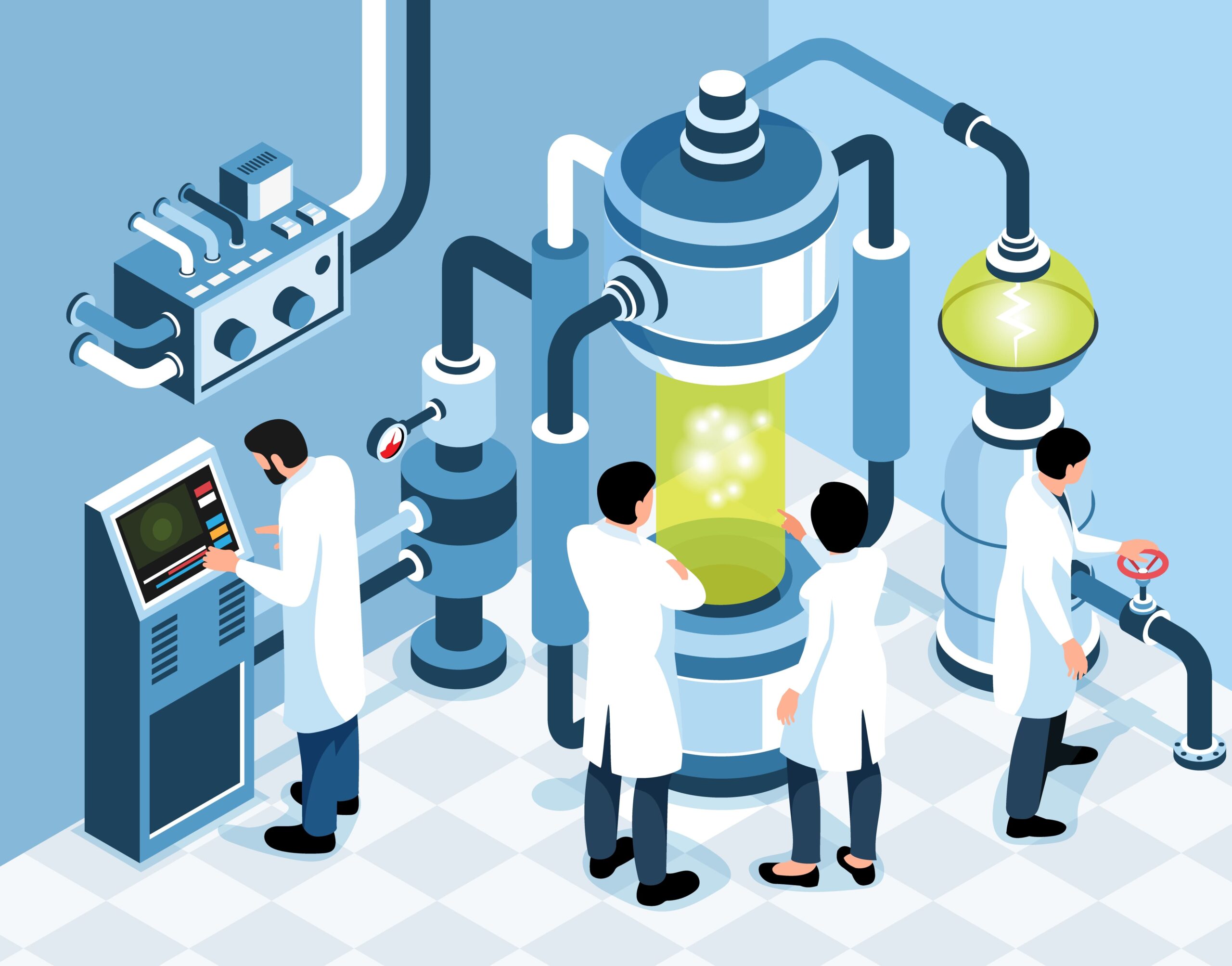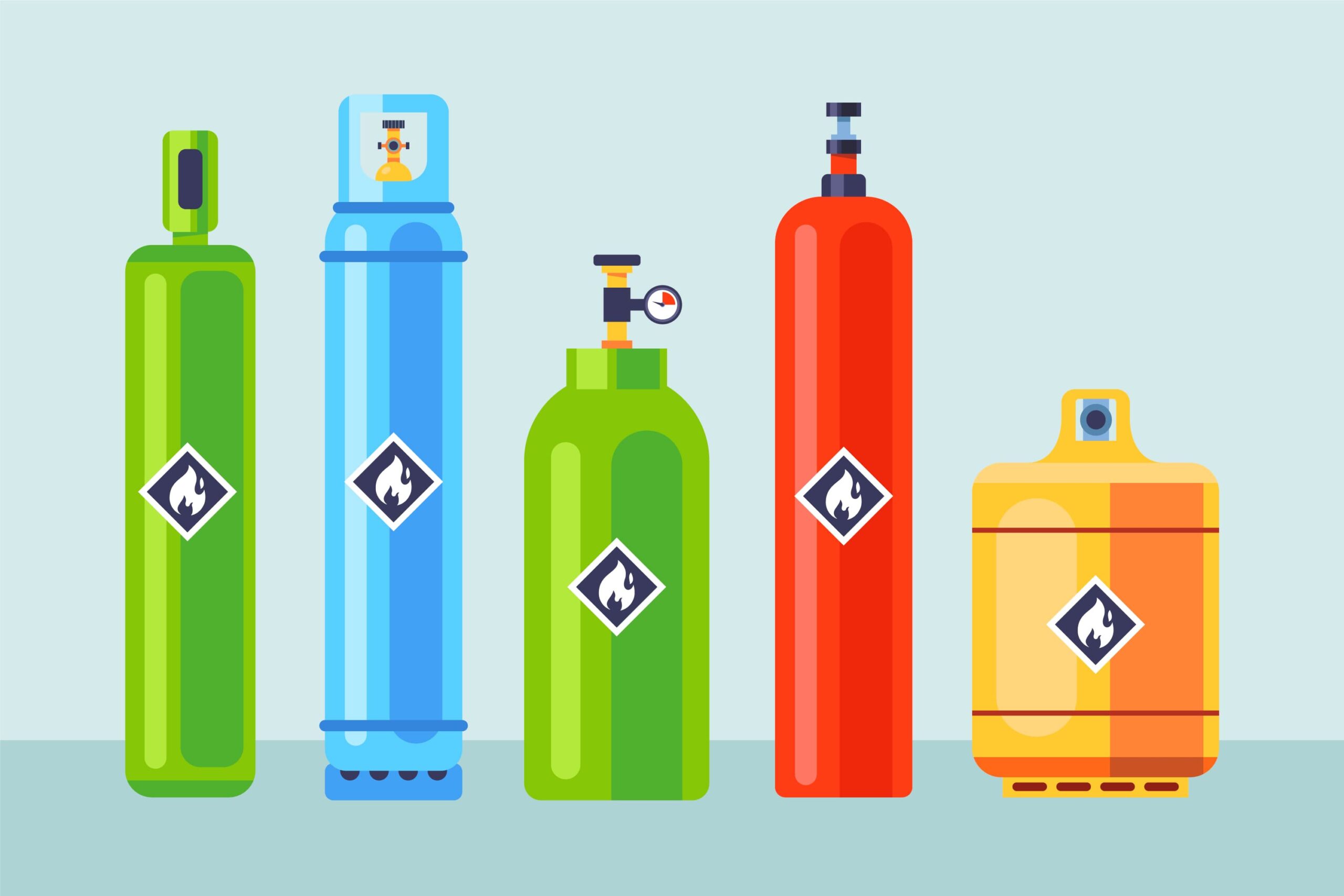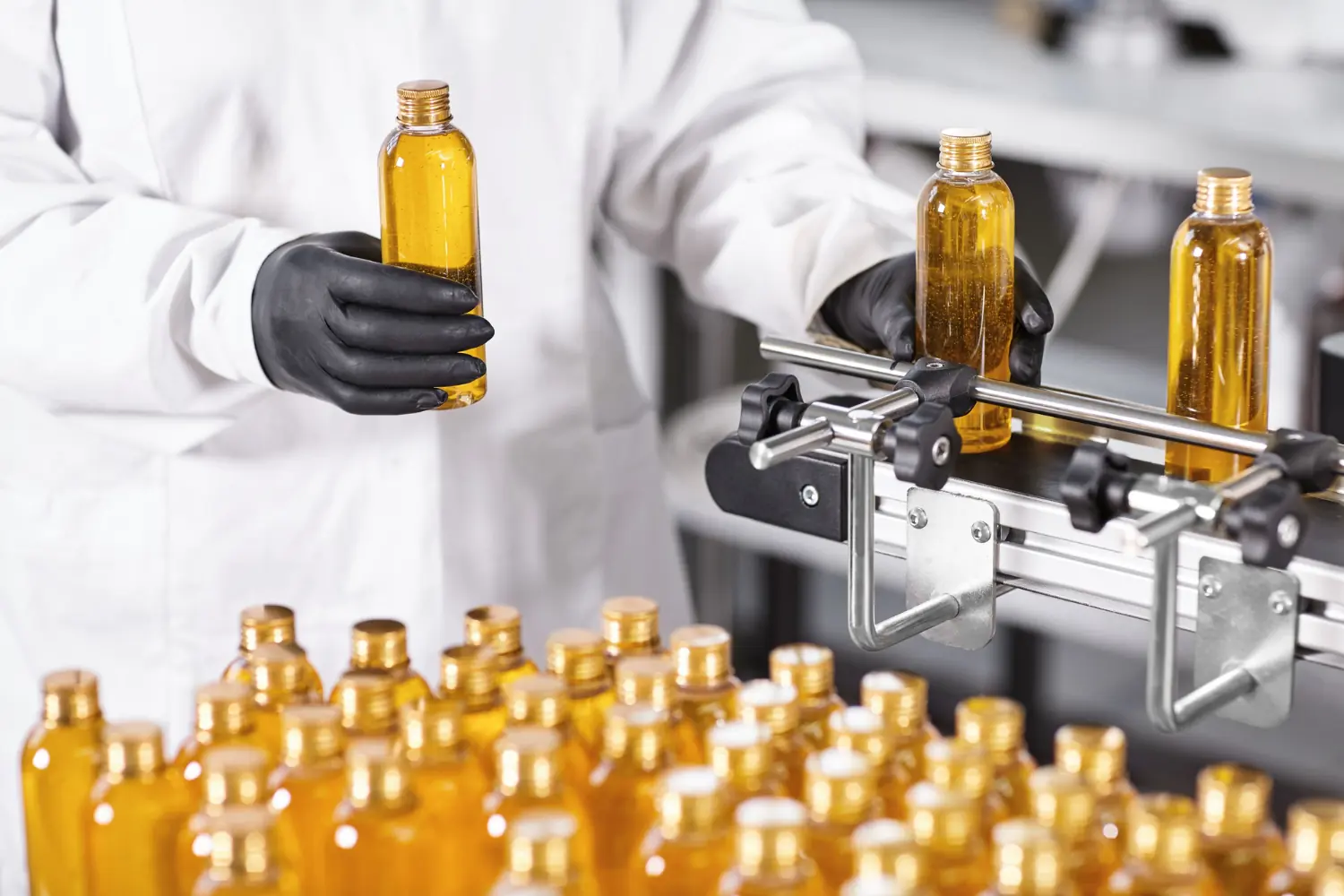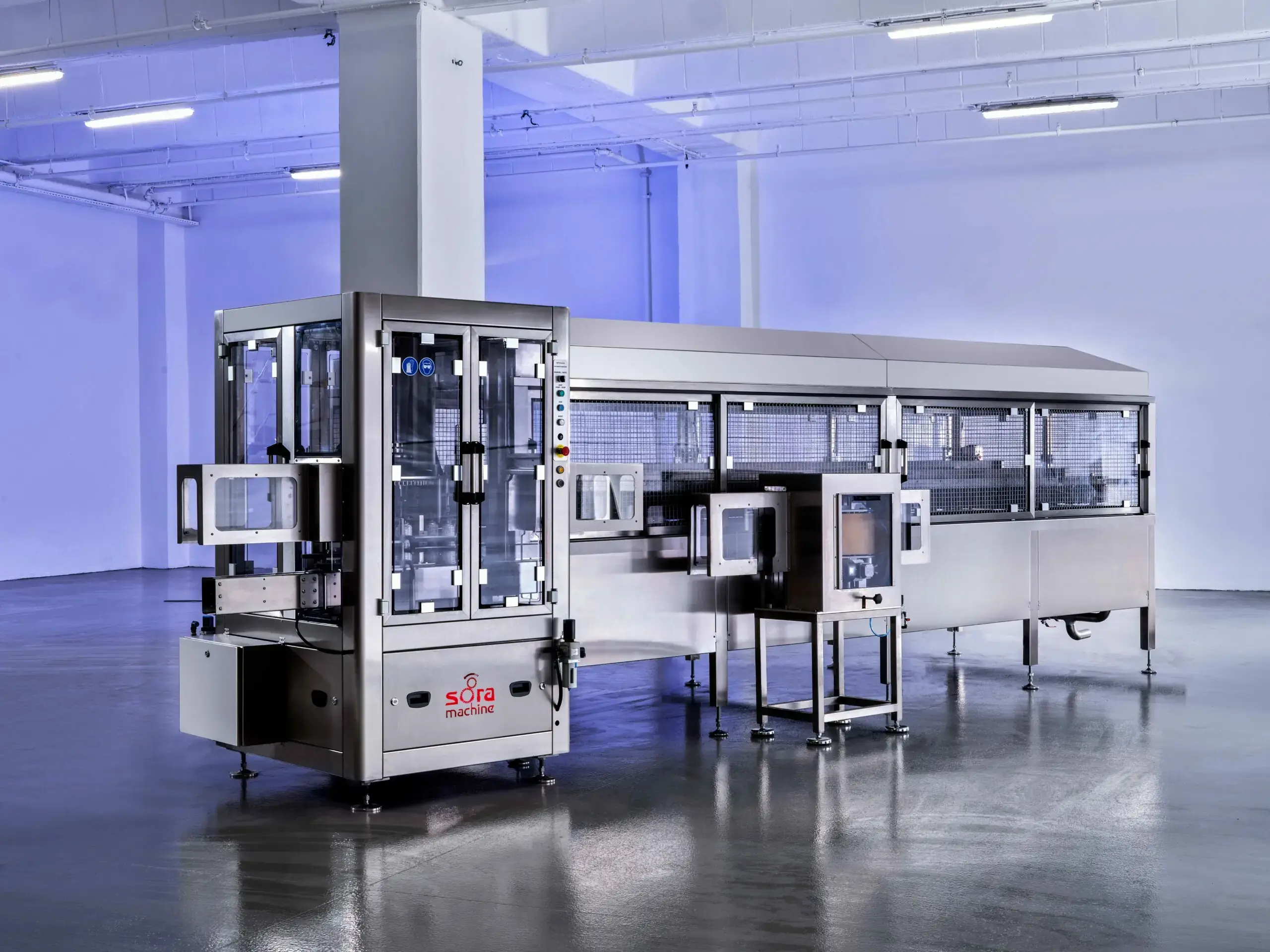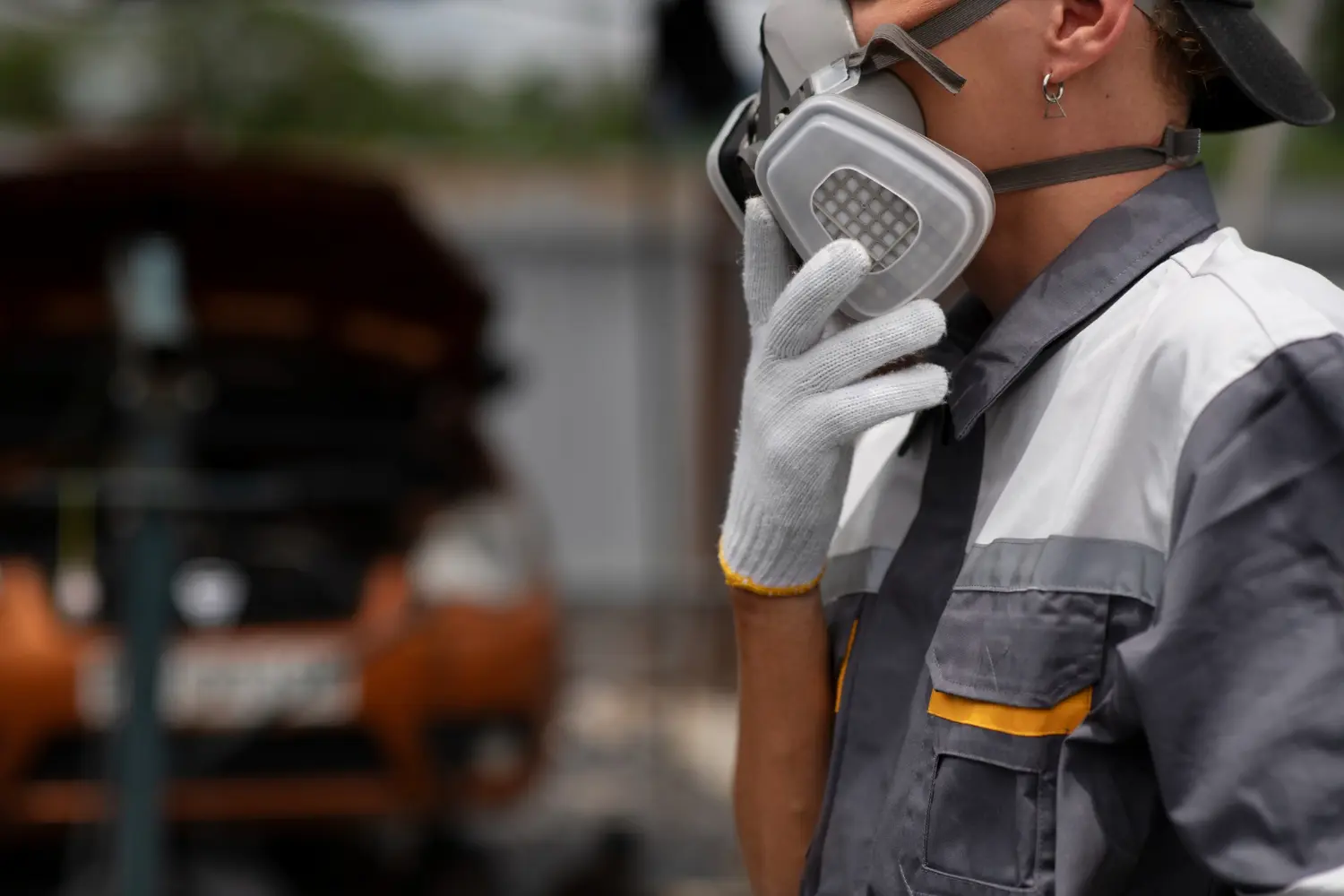In industries where chemicals are part of the process, automatic dosing systems are lifesavers. Not only do they help reduce chemical waste, but they also prevent overuse and protect workers from exposure. By using smart, computer-controlled systems, these machines deliver the right amount of chemicals at the right time. That way, you save money and avoid unnecessary pollution.
Chemical leak prevention machines often work together with these dosing systems to make sure everything stays safe and sealed. No leaks, no spills. Automatic dosing isn’t just about convenience—it’s about controlling chemical usage in a smart, sustainable way. And when you keep chemical handling tight and efficient, you’re one step closer to environmentally friendly production equipment standards.
Which Filtration Systems Do You Need to Prevent Air and Water Pollution in the Production Process?
Let’s face it—many production processes release particles and harmful substances into the air or water. This is where filtration systems come into play. Air filters, scrubbers, and water purification systems are all critical parts of environmentally friendly production equipment.
If you’re dealing with fumes, gases, or dust, you’ll need advanced air filtration technologies that meet today’s strict emission regulations. On the water side, wastewater treatment units clean used water before it re-enters nature.
Using the right filters not only helps the environment but also improves the quality of your product. Cleaner air and water often lead to cleaner manufacturing conditions, which can boost overall performance.
Which Efficiency-Enhancing Production Equipment Can Be Used to Reduce Energy Consumption?
Energy efficient machines are the backbone of sustainable production. From motors and compressors to heating and cooling units, there are many ways to cut down on electricity use without slowing down your work. High-efficiency equipment doesn’t just reduce costs—it reduces emissions too.
Think about variable-speed drives, energy recovery systems, and insulation upgrades. These tools are often overlooked, but they can make a big difference.
Which Machines are Necessary to Make the Working Environment Safe with Closed Production Systems?
Safety and sustainability go hand in hand. Closed production systems are designed to prevent leaks, spills, and contamination. They also help keep workers safe by reducing their exposure to harmful materials. These systems are especially important in chemical and pharmaceutical industries, where even a small mistake can have big consequences.
Chemical leak prevention machines and sealed transfer systems play a huge role here. They keep dangerous substances inside, where they belong. Meanwhile, proper ventilation and monitoring systems make sure the air stays clean. When your machines are built to protect both people and the planet, you’re using truly environmentally sensitive production technologies.
Remember, it’s not just about the machines—it’s also about how you use them. Good training and regular maintenance are key.
Which Emission Control Devices Do You Need for Environmentally Friendly Production?
When it comes to environmentally friendly production equipment, emission control devices are a must. These devices trap or neutralize pollutants before they leave the building. Depending on your industry, you might need different types: bag filters, electrostatic precipitators, carbon absorbers, or catalytic converters.
Each tool works in its own way, but they all help cut down on greenhouse gases, toxic fumes, and particulate matter. If your goal is carbon footprint reduction equipment, you’ll definitely want to invest in proper emission controls.
Not only do these devices help you meet legal requirements, but they also show customers that your brand cares about the environment. In today’s world, that kind of trust goes a long way.
Which Recycling and Disposal Systems Do You Need for Waste Management?
No matter how efficient your process is, some waste is inevitable. That’s why waste management is so important. These include shredders, compactors, balers, and material recovery systems that help sort and process scrap.
For liquid waste, there are special systems that neutralize harmful substances before disposal. Some companies are even turning their waste into fuel or raw materials for new products. That’s the beauty of closed-loop production—it keeps materials in use longer and reduces the demand for new resources.
With strong recycling and disposal systems, you’re not just dealing with waste—you’re turning it into an opportunity. Sustainable production equipment always includes a plan for what happens after the job is done.
Which Automation and Monitoring Systems Do You Need to Increase and Monitor Efficiency?
Last but not least, we have automation and monitoring. These systems act like the brain of your production line. They track how machines are running, how much energy is used, and whether emissions are within safe limits.
Automatic quality control systems can check products in real time, making sure everything meets your standards without stopping the line. This reduces waste, saves time, and boosts efficiency.
By using smart sensors and software, you can spot problems before they become expensive. Monitoring systems also help you report your environmental performance, which is becoming more important in global markets.
When you combine automation with energy monitoring and data analysis, you’re not just running a factory—you’re building a smart, sustainable operation.
To run a compliant and eco-friendly production line, you need the right mix of sustainable production equipment. From energy efficient machines to chemical leak prevention machines, every piece plays its part. Environmentally friendly production equipment helps reduce harm to nature, while automation and waste management machines keep your process running smoothly and cleanly.
So whether you’re just starting out or looking to upgrade your systems, investing in environmentally sensitive production technologies is a smart move. It’s good for the earth, good for your workers, and good for your business. After all, sustainability isn’t just a goal anymore—it’s the way forward.
